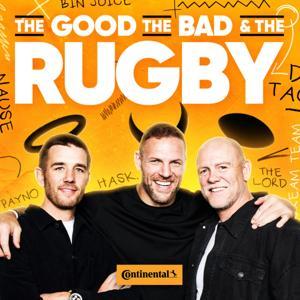I am delighted to speak with Dr Erin Prior in this episode. Erin is a Chartered Sport and Exercise Psychologist working across a range of sports. Erin has her own sport psychology consultancy practice working with a wide range of athletes, coaches, and parents to enhance their psychological approach to their sport. She has worked with a variety of sporting organisations including the FA, The Wheelchair Football Association, Swim England, West Bromwich Albion, Aston Villa FC, and Leicestershire and Rutland Sport. Erin has also worked as a consultant for various universities including Warwick University, Coventry University, and Birmingham City University. Erin is also a Lecturer in Psychology at Loughborough University. Her research focuses on athlete mental health, specifically sporting staff understandings and experiences of supporting athlete mental health and illness.
Erin graduated with a BSc in Psychology from Coventry University, followed by an MSc in Sport and Exercise Psychology from Loughborough University. In 2020, Erin returned to the School of Sport, Exercise and Health Sciences at Loughborough University as a Post-Graduate University Teacher to undertake a part-time PhD alongside teaching in psychology and sport and exercise psychology. Erin's PhD explored how staff within elite sport conceptualise mental health and mental illness, staff experiences of managing athlete mental health support, and an Olympic athlete's experience of living with bipolar disorder.
In this episode we discuss one of the papers from Erin's PhD.




































